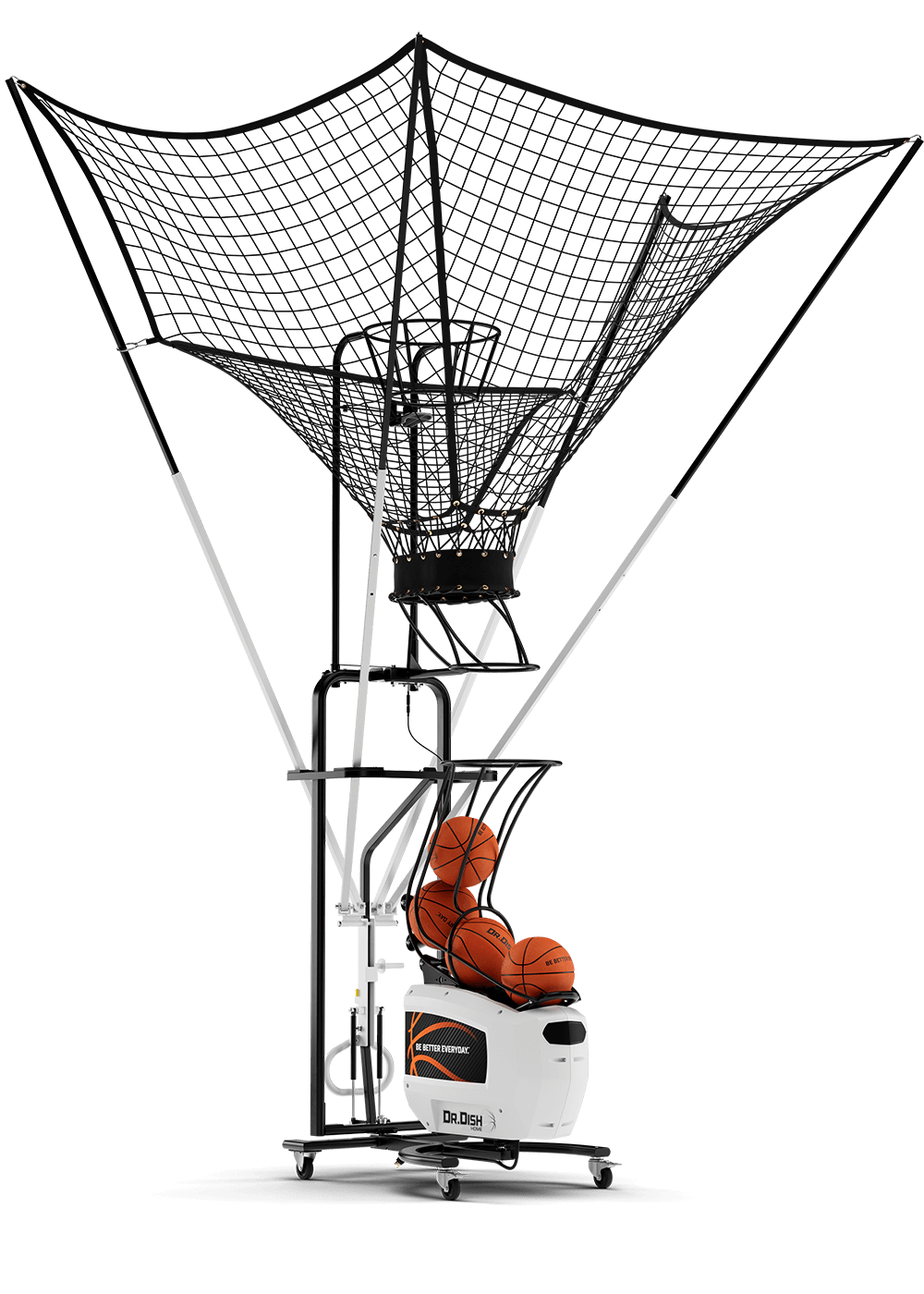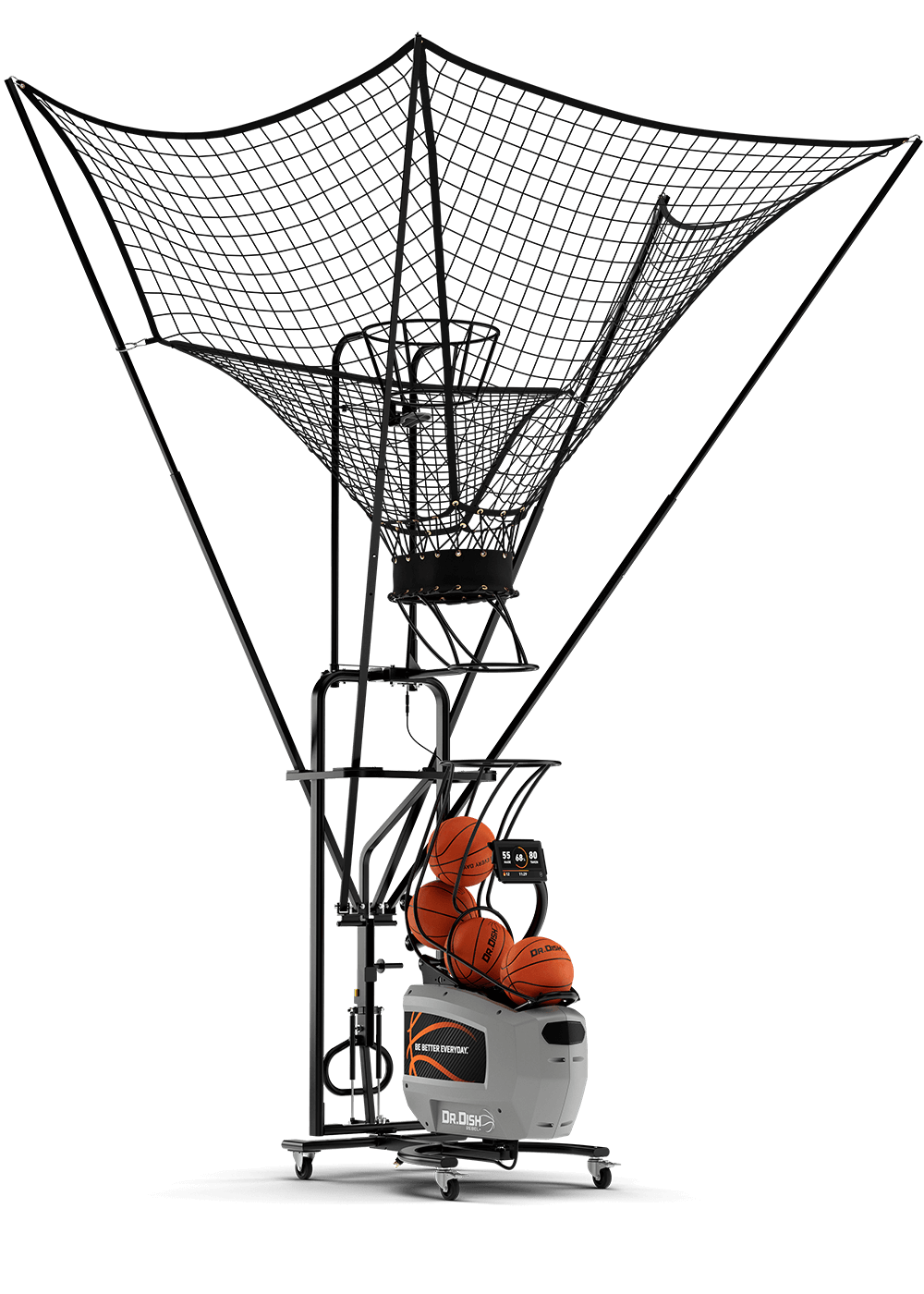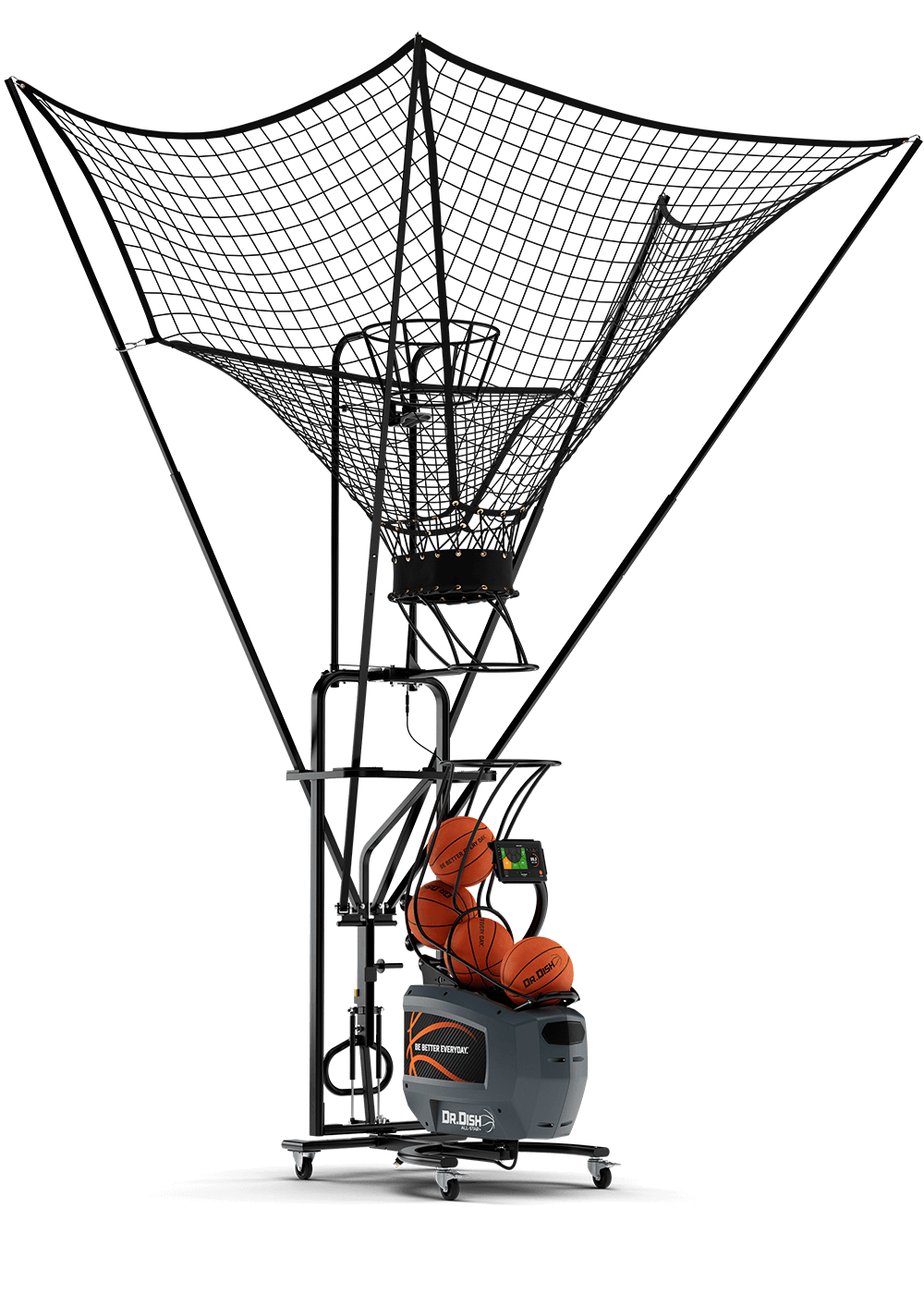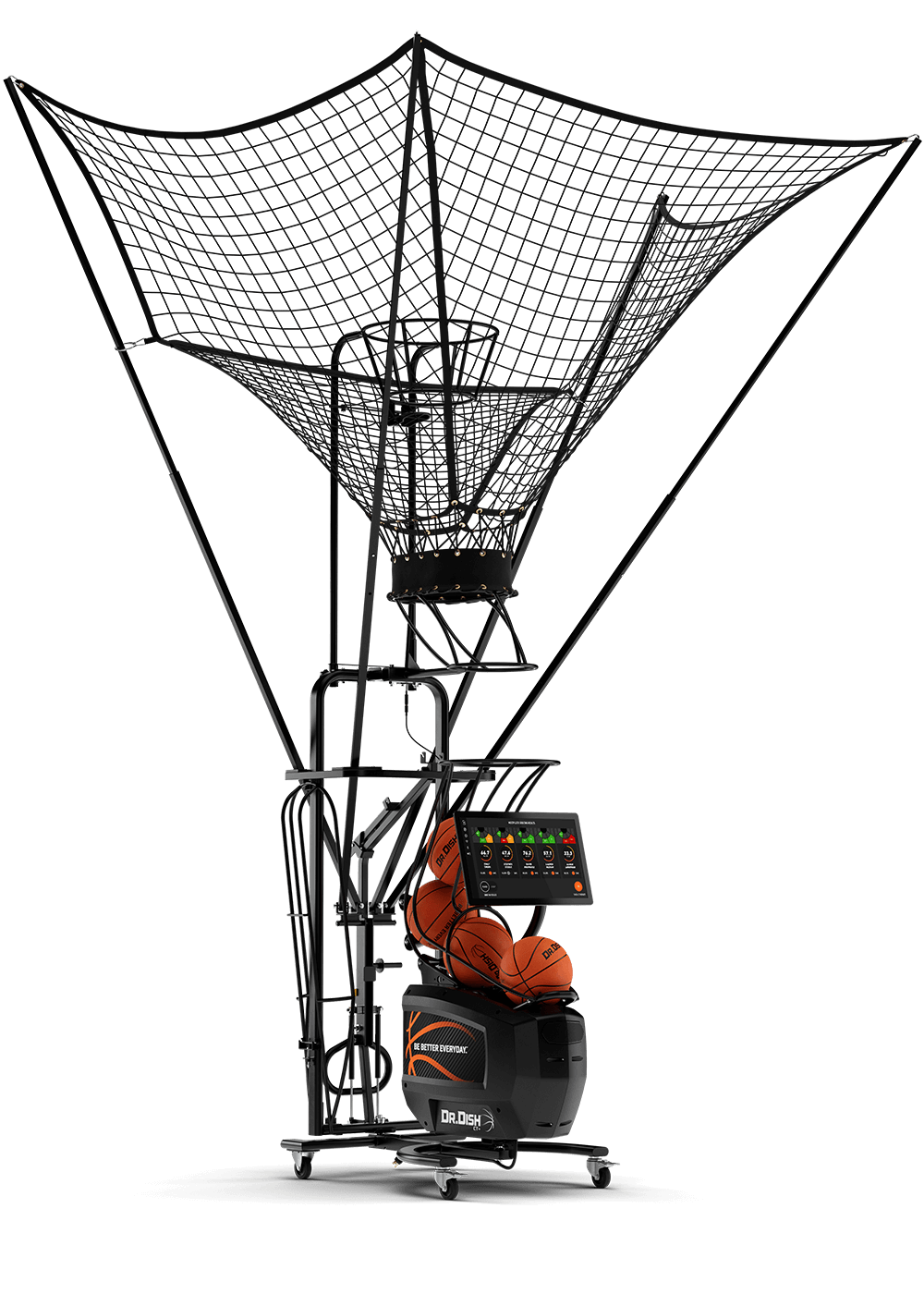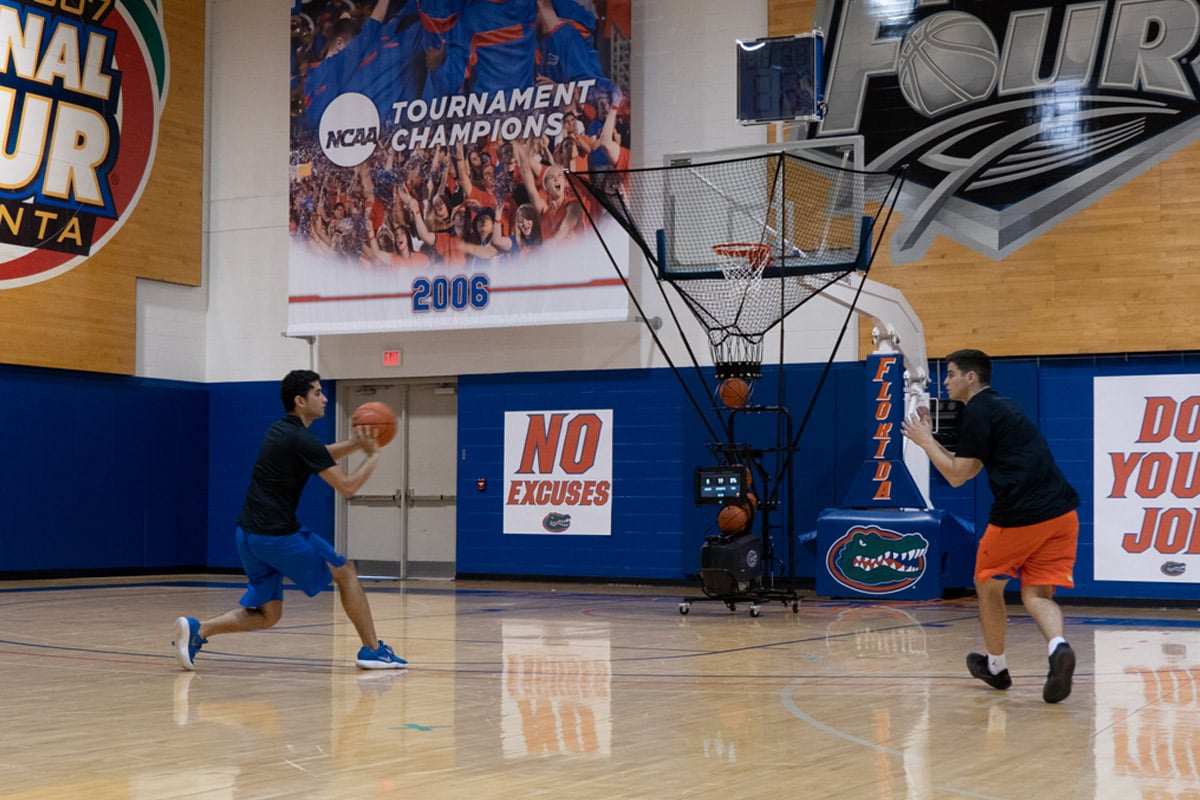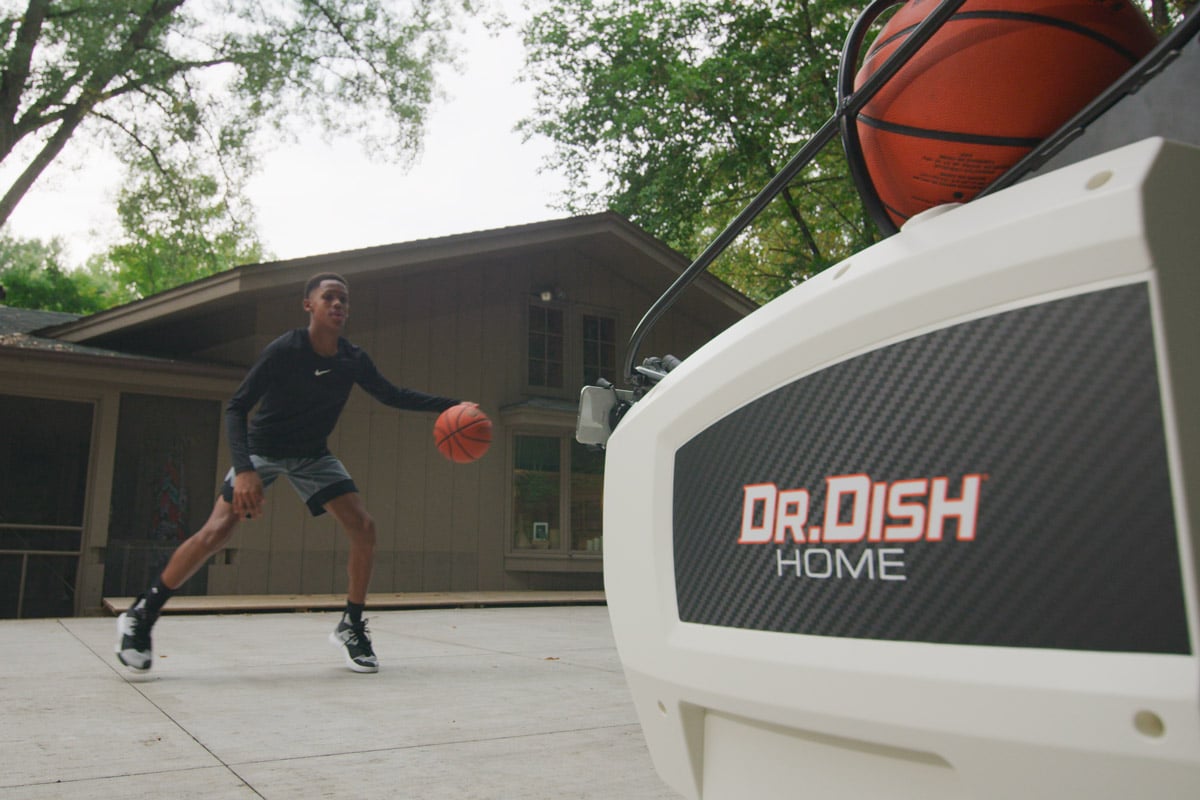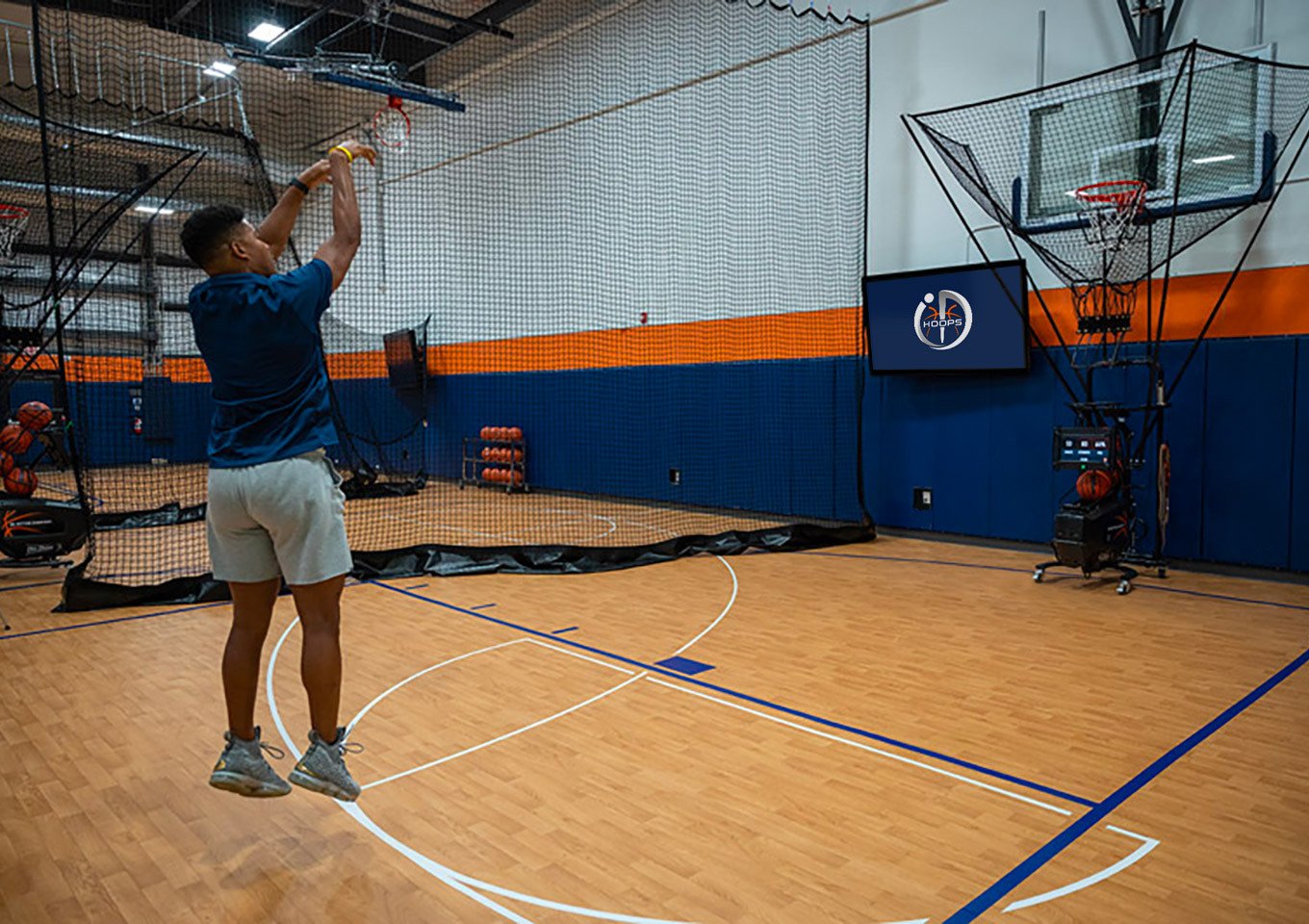How to Better Understand Performance Psychology as a Coach
by Stu Singer, on Aug 1, 2018 12:00:10 PM
We are thrilled to announce our partnership with sports psychology coach, Stu Singer to expand our knowledge within performance psychology. In his first blog, he shares the steps to understanding and practicing this within the game of basketball.
There are four pillars of performance:
1. Technical
2. Tactical
3. Physiological
4. Psychological
So, it makes sense that if we are going to try and perform at our best we should be training each pillar.
Most coaches spend the majority of their practice time in the technical and tactical aspects. At the college and professional level there is typically a strength coach that works with the team. If there is no strength coach at the very least the coach will do conditioning in practice, and maybe have a weight room that they have players use during the offseason with some type of program for them to follow.
But, what do we do about the psychological?
This article is intended to be the starting point for understanding performance psychology. As a performance psychologist I like to frame what my job is all about. The easier and more clearly that I can define it the better it is for the coaches and teams that I work with.
Too often we call it mental toughness – this doesn’t do it justice, and, in fact, leads us in the wrong direction. There is a science to how the brain interprets pressure, stress, and chaos during competition. So, the easiest way that I can frame performance psychology is ‘effective attention patterns’.
When we are in a place of negative emotion – anxiety, stress, fear, lack of confidence, anger, frustration or any other negative emotion we may experience while competing it is based in what we are giving our attention to. If we are calm, focused, composed, clear-minded, confident it is also because of what we are giving out attention to.
Here’s the catch though – mastering our attention is really, really hard.
The brain is designed to scan for “danger” – the survival instinct – and so it naturally goes to the last mistake or the potential next one. If we don’t have an awareness of our attention or, better yet, intentional habits and behaviors to place our attention on it can really be a tough performance.
So, my job is to help the teams and individual athletes I work with learn what is going to be ineffective and probably hurt their performance, and what is more effective and will probably positively impact their performance. We don’t talk in “guarantees” or “perfect performance”; we talk in terms of understanding the effective habits and behaviors that put us in the position for success more often.
Additionally, we do exercises that are designed to help gain clear awareness of the ineffective areas we can often give our attention to, and how to redirect that attention to where we want it. Without practicing this process, and having an intentional focus for our attention, it’s really hard to perform at our best mentally during the moments that we need it most. So we do the work – just like you practice your physical fundamentals we practice the psychological fundamentals. The most effective practice of your fundamental physical skills is purposeful. The most effective way to build the psychological skills to compete is to start by making your attention intentional.
Simple, but not easy…
___________________________________________________________________
About the Author:
Stu Singer is the Director of Performance Psychology for the WNBA’s Washington Mystics, and the performance psychology coach for the University of Maryland Women’s Basketball team, Fordham University Women’s Basketball team, Rice University, and the Connecticut Sun among others. He has worked with Men's National Team and MLS soccer players, USA Basketball Team members, and Olympic Gold Medalists. Stu served an integral role in helping the University of Maryland reach back to back Final Fours in 2014 and 2015. His work focuses specifically on 'the HOW' in the development of the mental skills needed for his athletes to regulate their emotions and attention in high-performance environments. He is the creator of the DoSo app https://appsto.re/us/O-mOgb.i
And the WellPerformance On-line Sports Psychology Program: http://wellperformance.pagedemo.co/



